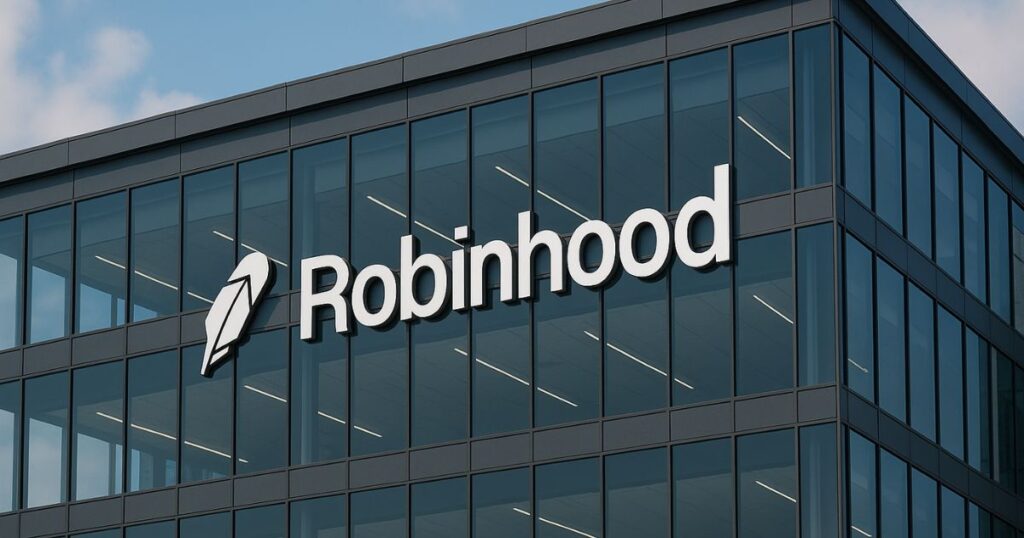
Robinhood has submitted a detailed proposal to the US Securities and Exchange Commission (SEC), which calls for the creation of a federal framework to regulate Tokenized Real-World Assiva (RWAS), representing a potential market of $ 30 billion, FORBES reported.
The 42 -page submission outlines a legal infrastructure with which digital tokens that can represent traditional financial instruments, such as shares, bonds and real estate, can be treated as equivalent to the underlying assets.
The proposal is intended to modernize how assets are issued, traded and arranged in the US by integrating mechanisms based on blockchain within the existing securities legislation.
Unified Framework
Robinhood’s proposal emphasizes that the current approaches of RWA tokenization have remained largely fragmented and despite a stunning growth in isolated pilots and regulatory sandboxes.
The company, on the other hand, argues for a uniform national framework that would enable broker dealers to issue tokenized effects and trades under a standardized compliance model, which removes the need for parallel systems.
According to the report, the initiative contains plans for a new platform called the Real World Asset Exchange (RRE), with off-chain trade matching in combination with an on-chain settlement.
The platform would contain knowledge-you-Customer (KYC) and anti-money loss (AML) tools provided by external providers such as Jumio and Kingalysis to guarantee compliance with global regulatory standards.
If assumed, the framework could eliminate legal ambiguities surrounding the ownership of assets and shorten the settlement times, while investment protection is retained in accordance with existing securities legislation.
Retail access to market infrastructure
Robinhood, generally known for its role in the retail trade and crypto-trade, now positions itself as a contribution to the legal infrastructure to bring traditional finances to the chain.
The submission of it states that tokenized assets should not be classified as derivatives or synthetic instruments, but recognized as direct representations of traditional financial products.
The report noted that the company does not propose a new blockchain technology, but rather legal interoperability to anchor tokenized financing for existing compliance standards.
The approach of Robinhood wants to open the door for a broader institutional acceptance and offers a scalable path to the financial markets of Onchain within the American legal system.
Although the SEC has not yet responded to the proposal, the submission of Robinhood can serve as a test case for how regulators regard equivalence of assets token. The success of the initiative will probably not only depend on the receipt of the regulations, but also the ability to attract institutional participation and demonstrate usefulness to scale.
From now on, the entry of Robinhood represents one of the most structured efforts of a broker regulated by the US to formalize the role of Tokenized RWAs within regular financing.

